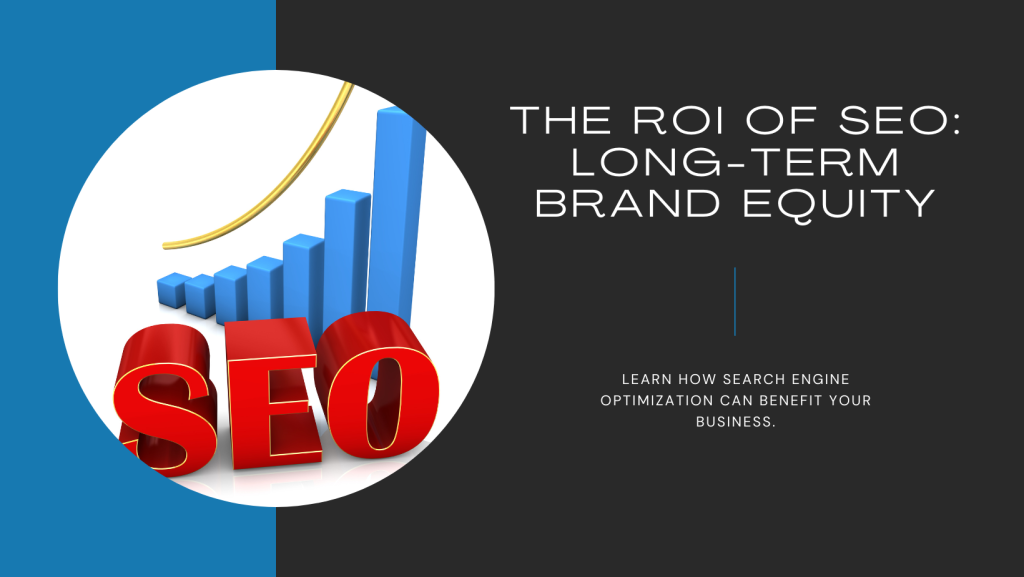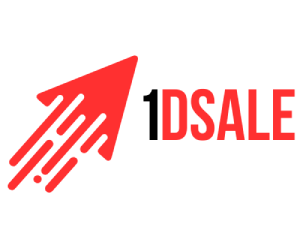Return on Investment (ROI) is a critical metric used by firms to assess the efficacy of their tactics in the dynamic realm of digital marketing. The ROI of SEO goes beyond short-term profits to include long-term brand equity development that will pay out in the long run.
Brand familiarity and visibility can increase sustainably with SEO investment, which is one of the main advantages. In contrast to paid advertising, which stops producing results as soon as the funding is depleted, SEO’s impacts might last for a long period. Without continuing to spend money on advertising, companies can gain top rankings in search engine results pages (SERPs) by continuously generating high-quality content, improving website performance, and growing brand visibility.
Additionally, SEO builds consumer trust and credibility, which enhances brand equity. Users are informed that a brand is trustworthy and authoritative in its industry when it ranks highly in search results for pertinent inquiries. Consumers are more likely to select and support brands that continuously offer helpful information and resources when they have confidence in the company, which eventually leads to brand loyalty.
Additionally, because SEO is a long-term strategy, today’s efforts can continue to yield dividends well into the future. In contrast to short-term marketing initiatives that provide noticeable but transient outcomes, SEO’s impacts build up gradually and provide long-term brand growth and return on investment.
In conclusion, even though SEO’s return on investment isn’t always obvious right away, its significance for long-term success and brand equity is immeasurable. Businesses may create a tenacious and robust brand presence that endures over time by investing in SEO methods that put an emphasis on user engagement, website optimization, and exceptional content quality.





